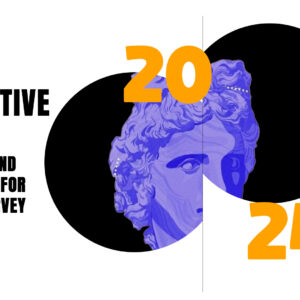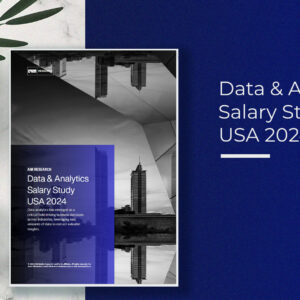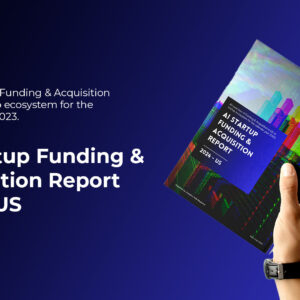Businesses are increasingly harnessing data for various analyses—exploratory, predictive, inferential, and causal. As the role of data increases, problems related to data flow get magnified in scale and impact. Data flow can be unreliable and in transit, bottlenecks can interrupt the flow. That is why a defined data pipeline architecture becomes critical. Data pipeline architecture ensures smooth data flow and enables real-time analytics for faster and more effective data-driven decision-making.
A review of the existing literature help understands how data is powering modern enterprises, but at the same time, how a lack of a robust architecture or frameworks stands in the way of utilising the same to its full potential. For instance, a Capgemini study has found that while organisations accelerate their data-driven decision-making, only 22% of them can quantify the value of data in their accounting process, and only 43% can monetise the data through their products and services.
To monetise data effectively, organisations need to have a mature approach to designing products and processes that capture new data. Identifying the right data sources forms the base of an effective data pipeline. This makes investment in the data and analytics pipeline of utmost importance. According to an IDC study, 87% of CXOs are of the opinion that in the next five years, their objective is to make their organisations more intelligent, and that is not possible without harnessing quality data and spending on solutions to effectively manage it.
With an aim to understand the current data value chain in Indian enterprises across different sectors, the study touches upon various elements of a data pipeline architecture—the sources, the data format, the type of pipeline architecture that mid to large-scale companies in India are using to build their pipelines and the challenges they face when doing so.
The study finds out that building of data pipeline architecture is a priority for all entities. While 37% of surveyees are building the architecture in-house, the rest are outsourcing it to third parties in varying extent. Depending on where an a firm stands in terms of its technical maturity, organisations should hire the right expertise in-house or third-party consultants to build a strong data pipeline architecture.
37% of enterprises strongly agree with the fact that they have set methodologies and processes in place to measure the quality of data ingested in the pipeline. 40% of
organisation highly feel that they have also put in place KPIs to measure the impact of their data pipeline architecture. A good understanding of business problems and identifying areas where a data-driven approach enables will help lay a strong foundation to build a data pipeline architecture.
Despite conducive methodologies, standards and processes in place, as high as 71% of organisations feel that they are falling short of deriving optimal value from the data at their disposal. In fact, some of the key challenges cited for not being able to leverage data pipeline architecture are time constraints, lack of quality data, high cost and talent shortage. This is indicative of a significant lack of understanding of how to build an effective data pipeline or how to leverage it optimally. This also reflects in the high demand for data engineering professionals as analytics providers look to offer their expertise.
The report is insightful for consumer-oriented companies across sectors to understand where companies currently stand and the areas they need to improve on. Companies in respective sectors can benchmark their efforts in terms of building effective data pipelines and identify areas where they need help.

















